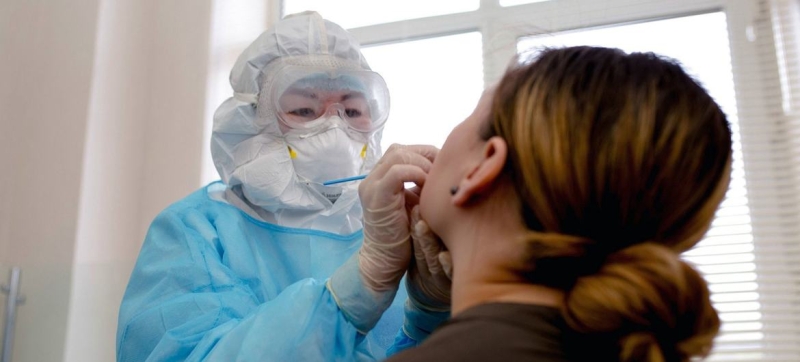
According to the WHO, vaccine availability has significantly worsened over the past 12-18 months as the number of vaccine manufacturers has decreased. WHO warns of rising COVID-19 cases, new variants of coronavirus Health
According to the World Health Organization (WHO), COVID-19 cases are rising worldwide, including at the Paris Olympics. The WHO warns that the rise in cases of the virus is likely to continue and that more severe variants may emerge soon.
COVID-19 is “still with us” and spreading in all countries, the WHO’s Maria Van Kerkhove told reporters in Geneva on Tuesday.
Summer outbreaks
New waves of infection have been reported in North and South America, Europe and the Western Pacific. “Our monitoring system in 84 countries shows that the percentage of positive tests for SARS-CoV-2 has been increasing for several weeks,” Van Kerkhove said. In Europe, the figure is over 20 percent, the WHO spokeswoman added. Wastewater tests show that the circulation of SARS-CoV-2 may actually be two to 20 times greater. Such high rates of infection during the summer months in the Northern Hemisphere are unusual for respiratory viruses, which are usually more active in cold temperatures. “In recent months, regardless of the time of year, many countries have seen spikes in COVID-19, including at the Olympic Games, where at least 40 athletes were infected,” Van Kerkhove said.
New strains
As the virus continues to evolve and spread, there is a growing risk of a more severe strain emerging that could potentially be undetectable by monitoring systems and unresponsive to medical intervention. While the number of COVID-19 hospitalizations, including those in intensive care units, remains much lower than at the peak of the pandemic, WHO is calling on governments to step up their vaccination campaigns, ensuring that high-risk groups are immunized every 12 months. “Everyone should take steps to reduce their risk of infection and severe disease, including making sure you have received a dose of a COVID-19 vaccine within the past 12 months, especially if you are in a high-risk group,” Wang said. Kerkhove. According to WHO, over the past 12-18 months, the availability of vaccines has significantly deteriorated, as the number of their manufacturers has decreased. Van Kerkhove noted that despite the decrease in demand compared to 2021 and 2022, there is still a need for COVID-19 vaccines. She expressed her concern that with low vaccination rates and high rates of infection circulation, a more severe variant could emerge that would be extremely dangerous for at-risk groups. Nasal vaccines, which are in development, have the potential to reduce the risk of infection, severe disease, and the development of new variants of the virus.
